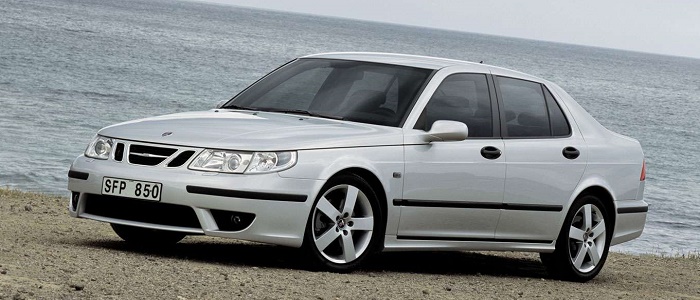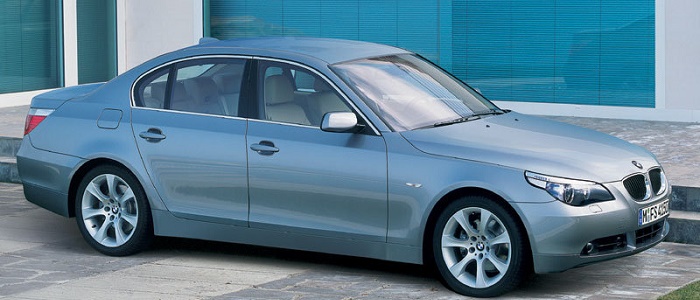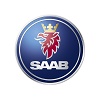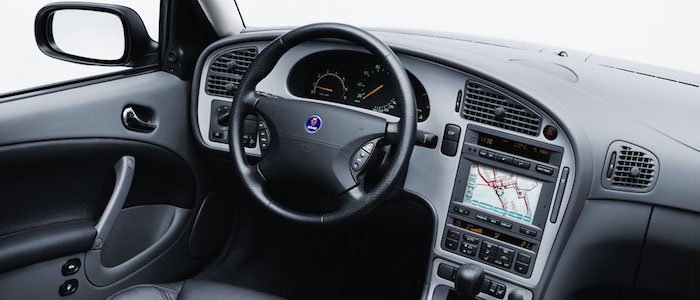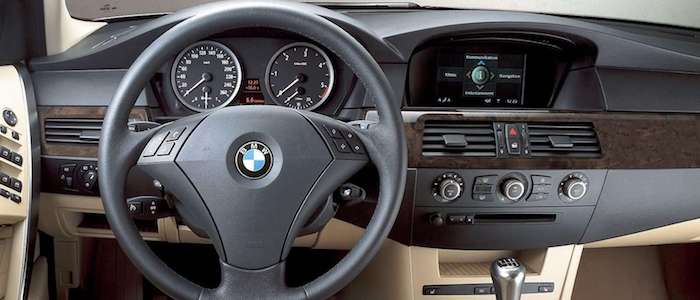Compare two cars
Compare any two cars and get our Virtual Adviser™ opinion
Marketing
Dimensons & Outlines
Engine
Performance (manual gearbox)
Performance (automatic gearbox)
Expenses
Virtual Adviser's™ opinion
Two significantly similar cars, no doubt about that. Still, each one has something different to offer. Having both cars powered by petrol engines and utilizing the 4-door sedan body style within the same 'Luxury car' segment, the only major difference here really is their wheel drive configuration (front for the SAAB and rear in the case of the BMW). The first one has a SAAB-engineered powertrain under the hood, a 4-cylinder, 16-valves 150hp unit, while the other one gets its power and torque from a 6-cylinder, 24-valves 170hp engine designed by BMW.
SafetyBoth vehicles got tested by European New Car Assessment Programme (Euro NCAP), with the SAAB being a slightly better choice apparently. Moving further on, let's take a closer look at some additional safety-related facts. Both vehicles belong to the luxury car segment, which is generally a very good thing safety-wise, but it doesn't do much to help us decide between the two. Furthermore, taking kerb weight as an important factor into account, the Swedish car offers a marginal difference of 1% more metal.
ReliabilityI don't like generalizing things when it comes to reliability, although it does seem that SAAB does have a slight advantage, when all the models are taken into account. That's the official data, while our visitors describe reliability of SAAB with an average rating of 4.1, and models under the BMW badge with 4.2 out of 5. Some independent research have also placed 9-5 as average reliability-wise, and 5 Series is more or less at the same level.We should definitely mention that owners of cars with the same powertrain as the Swedish car rank it on average as 4.9, while the one under the competitor's bonnet gets 4.4 out of 5.
Performance & Fuel economyBMW is a bit more agile, reaching 100km/h in 0.8 seconds less than its competitor. In addition to that it accelerates all the way to 230 kilometers per hour, 15km/h more than the other car. When it comes to fuel economy things look pretty much the same for both cars, averaging around 9.1 liters of fuel per 100 kilometers (31 mpg), in combined cycle.
Verdict
SAAB appears just a bit more reliable, although the difference is truly marginal. The most important thing when deciding between any two vehicles should always be safety, both passive and active. In my opinion, everything taken into account, the Swedish car offers much better overall protection, which launches it ahead of the other contender. From there things take a different direction, with BMW offering somewhat better performance, just enough to call it quicker. To make things even better, it consumps less fuel! At the end, as much as I'd like to give you a winner here, it's simply a pure tie if you ask me. In any case that's my personal view, built upon all the data available to me. What should decide here though is the way you feel about the two vehicles, and I hope you'll find my guidelines useful in the process. In case you have two minutes to spare I invite you to define your needs, desires and budget and see which car would be chosen by the virtual adviser™, among thousands of similar, yet so different vehicles.























